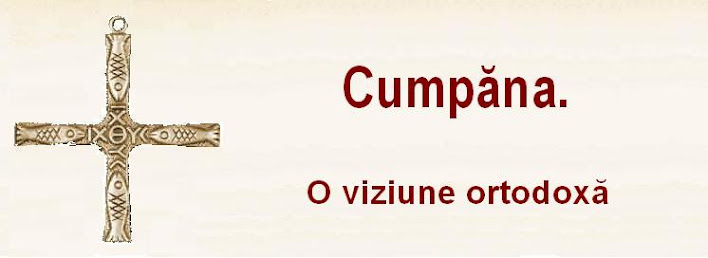„These difficult early years of the 21st century have taught us the importance of reading world politics in new ways. The crisis of Europe’s civilizational morale teaches us that, while there are many lenses through which history can be read, theological lenses help us see deeper, further, and more truly.” The observation belongs to George Weigel and was made in a text published over twenty years ago (https://www.georgeweigel.com/their-european-problem-and-ours/, included and developed in The Cube and the Cathedral: Europe, America, and Politics Without God, New York, Basic Books, 2005, https://www.amazon.com/Cube-Cathedral-George-Weigel/dp/0465092683).
Weigel’s essay is a fundamental text in many ways, but primarily because it demonstrates the advantages of the Christian perspective in understanding history. It is important also because the problems of Europe and the collective West have become more complicated in the meantime as we have lost the ability to understand reality (political, historical, social, cultural etc.) in a Christian way.
Weigel explains the crisis of the European spirit in the 20th century by identifying it with atheistic humanism, which led to the emergence of Nazism and Communism. The two totalitarian episodes should have made Europeans understand that the elimination of Christianity can only lead to situations that endanger human freedom and dignity. However, the European Union has embarked on precisely this path by refusing to integrate the founding landmark of Christianity into its own foundational texts. As Weigel showed in another essay, which gave the title to the aforementioned book, this refusal of European leaders to include Christianity in the European Constitution makes it illegitimate (“The Cathedral and the Cube: Reflections on European Morale”, https://www.commentary.org/articles/george-weigel-2/the-cathedral-and-the-cube-reflections-on-european-morale/), an observation that should make us pay more attention to the legitimacy of constitutional decisions taken by the courts of EU countries.
If in “Europe’s Problem – and Ours”, Weigel saw secularism as the main cause of the moral crisis of contemporary European civilization, the second essay additionally mentions the indirect contribution of European Christianity to the consolidation of European nihilism, as the Western Christian faith became influenced by the liberal principles. Indeed, at least in Romania, as I have been writing for almost twenty years, not so much atheistic humanism as Christian humanism (which can be associated with the “exclusive humanism” that Weigel wrote about in “Is Europe Dying?”, https://www.georgeweigel.com/is-europe-dying/) was the main ally of secular thought against traditional Christianity. In the new Orthodox Christianity, Christianity is relevant mainly through its European roots, and while Orthodox intellectuals in Romania did not denounce the evacuation of Christianity from the new European identity, they did participate throughout the post-communist period in the humanist construction of the new Christian, that is Western, identity.
Weigel’s observations are confirmed by the increasingly evident tendency of the UE authorities to restrict civil liberties and disregard human dignity and the European societies readiness to accept it, as it happened in Romania when the presidential elections were unconstitutionally and undemocratically cancelled, a decision met with a sigh of relief and approval from both the Romanian intellectual elite and the middle class. With the elimination of Christianity from Western Europe or its redefinition in satellite countries like Romania, liberal democracy was replaced by a form of soft totalitarianism, ready to show its iron hardness whenever it felt threatened by the voice of freedom.
In “Is Europe Dying?”, Weigel highlighted the irony by which the atheistic European humanism of the 19th and 20th centuries prepared the way for the non-humanist theism of Islam. But the nihilistic logic of atheistic or exclusive humanism, despite its claims of inclusion, does not allow Europe any other end than death by suicide. Europe is now ready to offer the world the same old infernal lesson for the third time. The first two were called Nazism and Communism. Today’s lesson is called Liberalism.
